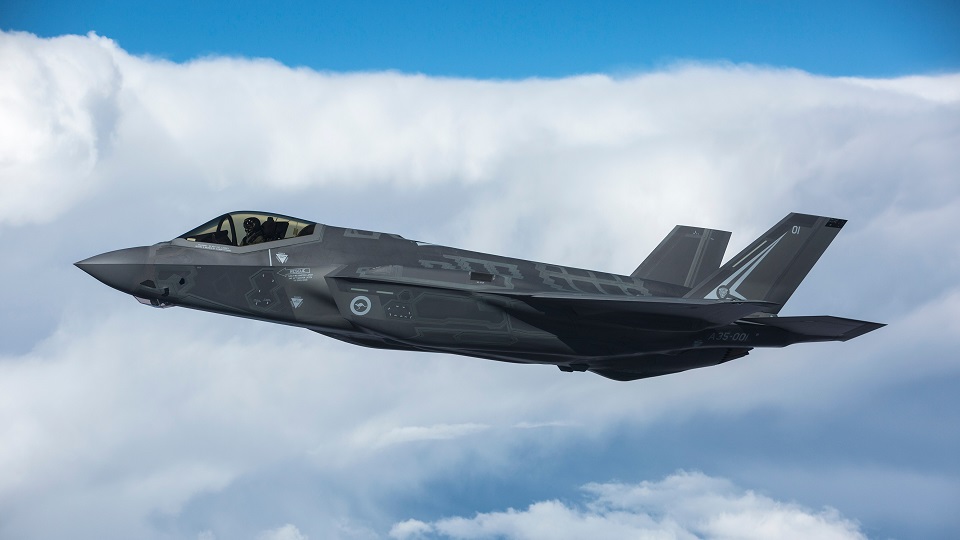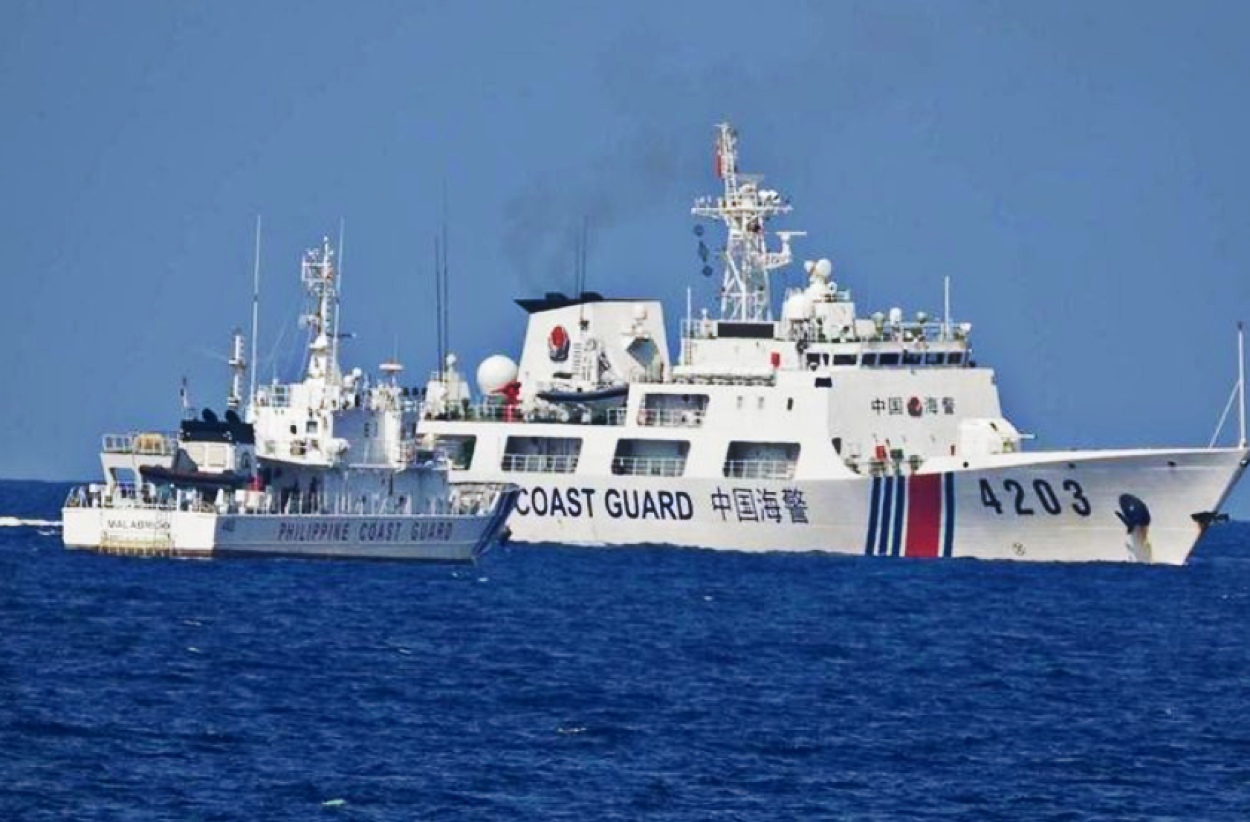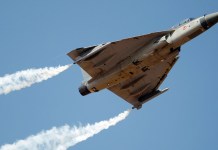Commemorating 50 years of diplomatic relations, Malaysian Prime Minister Anwar Ibrahim stated on June 6 that relations between China and Malaysia are still robust and productive despite Beijing’s continued belligerence in the South China Sea.
In his keynote address at the 37th Asia-Pacific Roundtable (APR), Anwar emphasized that China was the Southeast Asian nation’s greatest trading partner, a significant investor, and a close bilateral and multilateral partner. He pointed out that Beijing played a crucial role in lifting millions of people out of poverty in the country, as reported by Xinhua.
Interestingly, Anwar emphasized that Malaysia would stick to its long-standing non-aligned policy of pursuing collaboration and mutual benefit over conflict and geopolitical entanglements.
In no ambiguous words, he said, “In remaining faithful to the principle of non-alignment, we have proven that the pursuit of dynamic neutrality is not only feasible but highly desirable.”
On his part, China’s ambassador to Malaysia, Ouyang Yujing, said that his country was prepared to collaborate closely with its ASEAN neighbors to strengthen ties between people by boosting exchanges in culture, media, education, tourism, youth, and think tanks.
The timing of this display of cooperation between China and Malaysia is significant, especially in the wake of the developments currently taking place in the contentious South China Sea. As recently reported by the EurAsian Times, the Philippines and Vietnam have been subject to Beijing’s aggressive stance in the sea, which Beijing has almost completely claimed as its sovereign territory.
Speaking at a forum Thursday, Malaysia PM Anwar Ibrahim reiterated his position that the disputes within the South China Sea must be resolved among ASEAN member countries and China, without the interference of external parties. pic.twitter.com/OwaNWh1aF0
— China Xinhua News (@XHNews) June 8, 2024
China has expanded its influence and presence over the South China Sea, especially after rejecting the 2016 international court ruling that said the so-called ‘nine-dash line’ held no merit. It has stationed coast guards and maritime militias on rocky outcrops and established military outposts that have occasionally resulted in conflicts with other claimants, including the Philippines, Vietnam, and Malaysia.
Despite this, Malaysia has responded to Chinese claims more tongue-in-cheek, unlike its counterparts in the region, which have been more blatant in their diplomatic protests. The Malaysian government has maintained its “non-alignment” stance despite sending mixed signals.
Malaysia’s Balancing Act
Malaysia also has territorial disputes with China in the volatile South China Sea. For instance, in August last year, Malaysia strongly opposed the ‘standard map of China,’ in which Beijing laid claim to almost the entire South China Sea and areas lying off the coast of Malaysian Borneo.
At that time, Malaysia pointed out that the map, which prominently displayed the nine-dash line, illustrated China’s “unilateral maritime claims,” which clash with the country’s territorial claims over the states of Sabah and Sarawak.
“Malaysia does not recognize China’s claims in the South China Sea as outlined in the ‘2023 edition of the standard map of China’ which extends into the Malaysian maritime area,” the foreign ministry said.
In September 2023, Malaysian Prime Minister Ibrahim stated that China had promised to avoid any actions that could escalate disputes over territorial claims in the South China Sea and to continue discussions with Southeast Asian nations.
In recent times, Anwar Ibrahim has come under fire from several regional analysts and people of his own country who have pointed out that the leader continues to remain silent even as China has visibly ramped up its in Malaysia’s Exclusive Economic Zone (EEZ) by sending Patrol Vessels and Hydro Survey Ships. While this has created a discourse that Malaysia is tilting more towards China than its friends in the West, Ibrahim has remained steadfast in his position.
Of late, Malaysia has been perceived as tilting to one side, in a so- called strategic pivot from another side. This is not only an oversimplification, but in fact, is a gross misperception of our national interests and character.
The truth is Malaysia will always be on the side… pic.twitter.com/e6Jpf8J0zM
— Anwar Ibrahim (@anwaribrahim) June 7, 2024
However, despite an unusually cordial relationship with China, Malaysia has also been cultivating ties with China’s adversaries, notably the United States and its regional allies.
Malaysia and the US have participated in several joint military drills, including the recently concluded Tiger Strike 2024, which focused mainly on amphibious and air assault maneuvers.
However, another set of exercises has become a talking point for observers: the ‘Bersama Lima Drills’ of the Five Power Defense Arrangement (FPDA).
The arrangement was established in 1971 after the British withdrew from their territories east of the Suez Canal to protect former colonies Singapore and Malaysia in an unstable region. It includes Britain, Australia, New Zealand, Malaysia, and Singapore as members.

Late last month, the FPDA announced that it would conduct sophisticated military exercises in the region this year, including drones, fifth-generation fighter planes, and observation aircraft.
“We are increasing the assets that we are bringing to bear in exercises (at) Bersama Lima later this year; for the first time, Australia will be contributing F-35 Joint Strike Fighters,” said Australian Defense Minister Richard Marles.
According to some commentators, this will be a show of force intended to show how committed Western nations are to the security of Southeast Asia and to assist Malaysia in sending a message to Beijing on the South China Sea.
In a recent report, the Hong Kong-based South China Morning Post cited Lowy Institute’s Dr Abdul Rahman Yaacob, “The military exercises and interactions with Western forces allow the Malaysian military to learn new tactical and operational strategies from more advanced and experienced partners.”
According to Rahman’s interactions with Malaysian defense personnel, the FPDA is still highly valued in Malaysia. He added that although the country has adopted a more lenient stance toward Beijing than some other governments, such as the Philippines, it is nevertheless concerned about Chinese actions in the South China Sea.

“The deployment and development of Malaysian military forces and infrastructure in East Malaysia reflect such concerns,” Rahman said. “The Malaysian submarine unit, for example, is based in Sabah, which faces the South China Sea.”
It helps Malaysia’s case that the constituents have clarified that the drills are not against China. The Australian Defense Minister said, “This is not about China in the sense that the FPDA has been around for 53 years…What defines the FPDA and the five countries that you’ve got in front of you … [is] our desire to work closely together.”
Chinese ships have frequently entered Malaysia’s territorial seas since the discovery of new oil and gas deposits last year. Despite these incursions, often posted on social media, Malaysia has remained tight-lipped so that Beijing is not offended.
However, Malaysia continues to strengthen its military by acquiring modern platforms and conducting military exercises with China’s adversaries, emphasizing its non-alignment.
- Contact the author at sakshi.tiwari9555 (at) gmail.com
- Follow EurAsian Times on Google News




